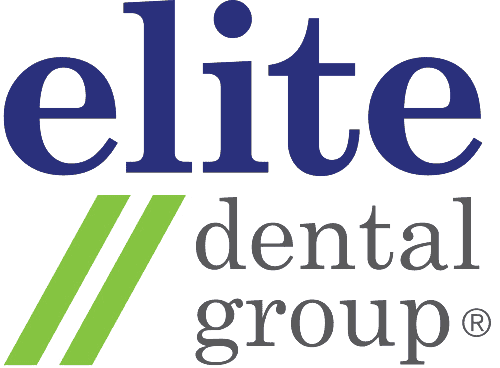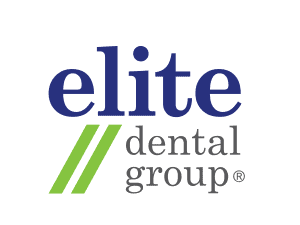30 Sep The Top 5 Things You Should Do Immediately If There Is Dental Trauma After A Sporting Accident
Introduction
If you’ve ever experienced dental trauma, you will know that it’s not a pleasant experience.
Dental trauma can occur if you are involved in a sporting accident. It can be especially dangerous because of the possibility of broken or damaged teeth and jawbones.
Here are five steps to take if there is dental trauma after a sporting accident:
Check for bleeding.
If there is any bleeding, you should apply pressure to the wound with a clean cloth. This can help prevent further damage and control the bleeding until you get to a dentist or emergency room.
If you are unsure if it is safe to do so, contact your dentist immediately and go to the emergency room as soon as possible.
Assess your teeth.
- Assess the entirety of your mouth, not just the injured tooth.
- Check for any loose or protruding teeth, as well as broken or chipped teeth. If you have any of these issues, seek a dental professional immediately.
- Check to make sure that there are no other areas of trauma in your mouth: Does your gums appear bruised? Do they feel sensitive to touch? Are there any visible cuts on your lips?
Check for a loose or protruding tooth.
If you suspect that a tooth has been knocked loose or is otherwise damaged, it’s important to get it checked by a dentist.
The dentist will do an inspection of your mouth and determine the extent of any damage. They may also use X-rays to determine whether there has been any damage to the roots of your teeth or if there are any objects lodged in them. If so, a root canal may be necessary in order to save the tooth from infection and/or further damage.
If one or more teeth have been damaged beyond repair, they will need to be removed before they can be replaced with dental implants, bridges or dentures.
Check for a damaged or broken jaw.
If you suspect that your jaw has been broken or damaged, you should get it checked out by a doctor.
There are several things that can indicate a possible jaw injury. For example, if your ear hurts after an impact to the face or head, chances are that you may have damaged your jaw.
Also, if there was bleeding from your mouth after an impact to the face or head, this is another sign of possible damage to one or more teeth in addition to the possibility of a broken jaw.
If any of these symptoms occur after an accident involving sporting equipment such as hockey sticks and baseball bats (or even just balls), please see someone immediately who can help determine whether any further treatment is necessary before returning home safely.
Control bleeding from the mouth or lips.
After a sporting accident, blood may leak from your mouth and into your throat. If you are able to control this bleeding yourself, it can be helpful to use a clean cloth or paper towel in order to apply pressure to the wound for at least 5 minutes. If there is still bleeding after 5 minutes, apply more pressure using both hands until it stops flowing. If this does not work and persistent bleeding continues, go to the emergency room immediately.
If you are wearing a mouthguard during sporting activities that could cause dental trauma (such as football), take out the mouth guard before attempting any first aid on yourself; it could make controlling any injuries more difficult if it remains inside your mouth while trying to stop bleeding or remove foreign objects from inside your gums and cheeks.
If you ever experience dental trauma, remain calm, assess the situation and call your dentist or an emergency room as soon as possible. If you’re in any doubt, get it checked out!
If you ever experience dental trauma, remain calm, assess the situation and call your dentist or an emergency room as soon as possible. If you’re in any doubt, get it checked out!
- Don’t panic!
- Don’t try to fix it yourself.
- Don’t eat or drink anything until after you’ve consulted with a professional. You don’t want to risk further damage by trying to fix the problem yourself or by eating something that could cause further issues.
- Don’t smoke—you shouldn’t smoke at all after suffering from dental trauma because this could cause further complications. Similarly, drinking alcohol before getting advice from a dentist is not recommended because it can also lead to increased damage being done as well as other health issues such as alcohol poisoning (if consumed excessively).
Conclusion
If you ever experience dental trauma, remain calm, assess the situation and call your dentist or an emergency room as soon as possible. If you’re in any doubt, get it checked out!
Author
Dr Thira Wong believes that dental accidents are inevitable, but that further loss of teeth can be prevented with immediate action taken. She frequently works with athletes and sportsmen who have lost or chipped their teeth from sports, to restore and regain their smile, confidence and dental health. In her daily practice, she has done extensive work on patients who have had dental emergencies or are suffering from sudden dental pain because of their broken teeth.




